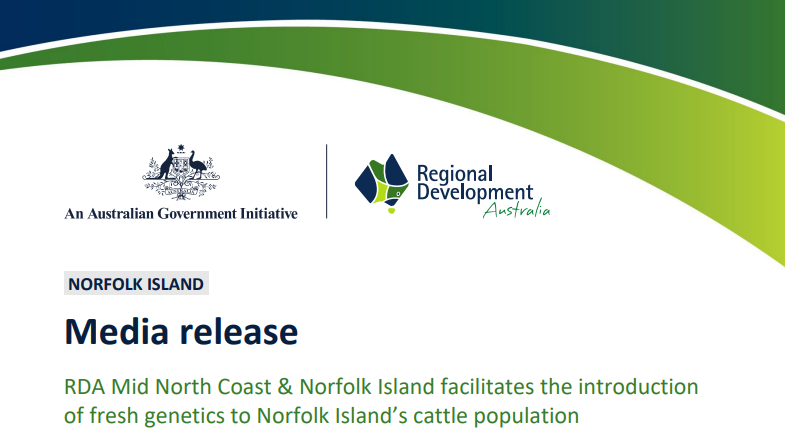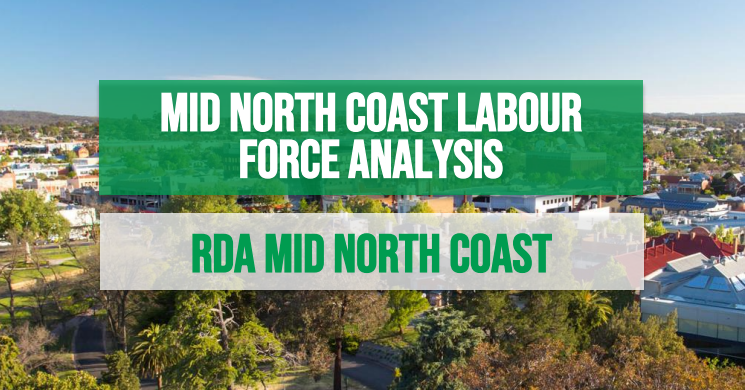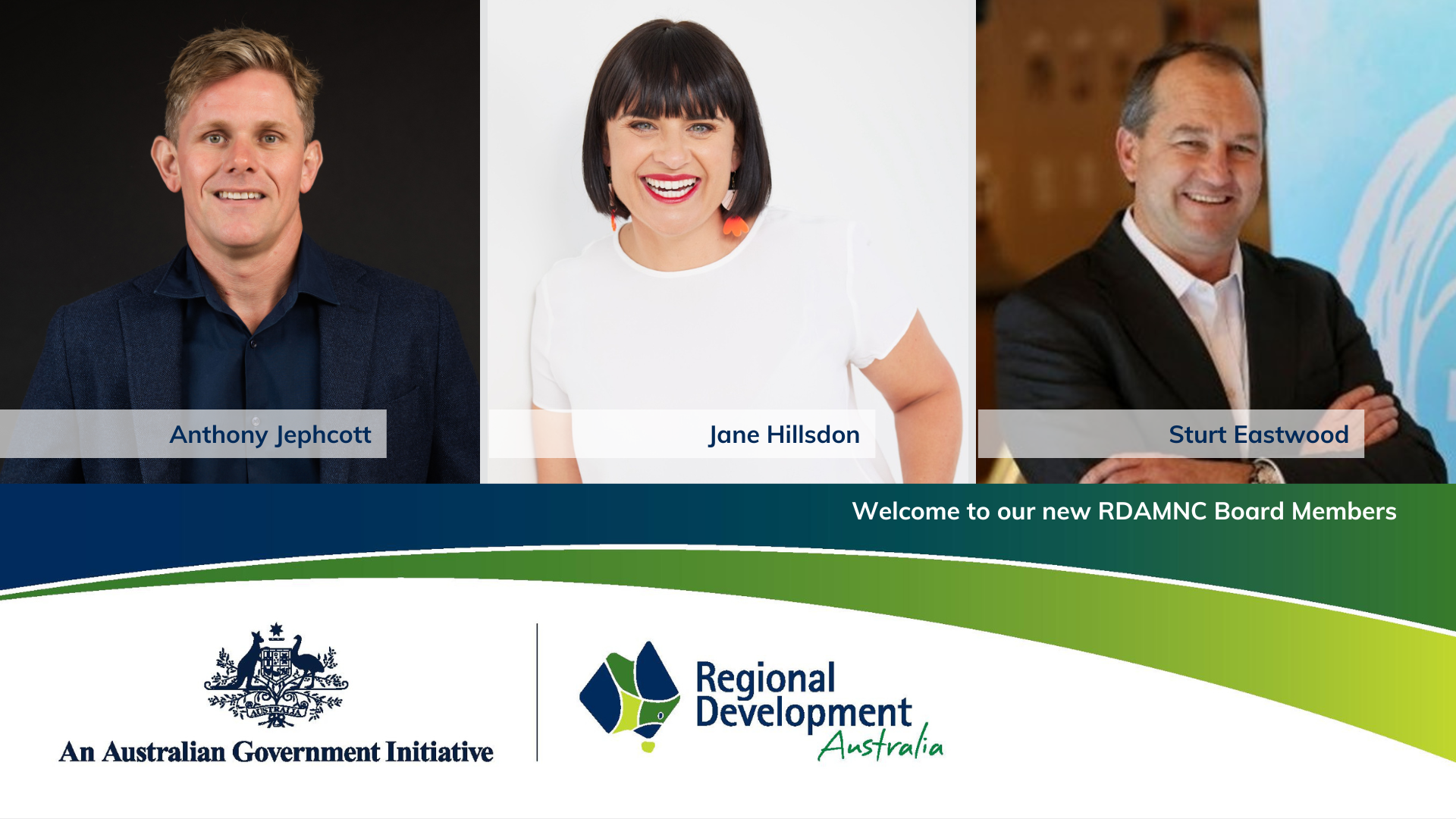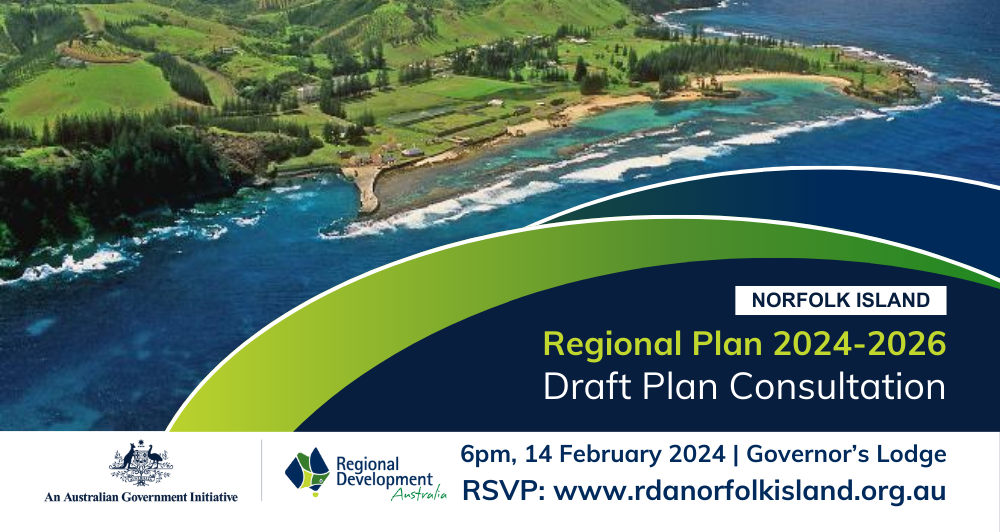Following reports in May 2023 that the Mid North Coast (MNC) has the worst labour participation rates in NSW, Regional Development Australia Mid North Coast (RDAMNC) decided to do some investigation to see what was going on. RDAMNC partnered with the Regional Australia Institute (RAI) to conduct an analysis into the labour force participation on the MNC with comparison to Regional NSW and the state as a whole. When you control for the 65 and over age range, the data was quite surprising.
The labour participation was evaluated based on LGA and within each of those by age (15-64), general, Australian and Overseas born, Indigenous and Non-Indigenous and labour force mobility. The report showed that Port Macquarie-Hastings and Coffs Harbour LGAs actually have higher participation rates than the regional and overall state averages, indicating that these LGAs may not require the same level of targeted workforce interventions as other LGAs within the region. Whilst Midcoast and Bellingen have lower participation rates than the averages, Kempsey and Nambucca were significantly lower again.
Given the similarities in population size, a ‘deep dive’ was conducted into Midcoast LGA with comparisons against Coffs Harbour and Port Macquarie to highlight areas that need further investigation or support. The results showed that despite the differences in geographical spread and Midcoast being in the ‘middle’ of results across the region, that there were some similarities between it and Port Macquarie and Coffs Harbour, including that professional occupations account for the largest employment in all three regions, and male employment is significantly higher for full-time and female employment is higher for part-time across all 3 regions.
RDAMNC has found that all the LGAs in our region have different trends and so there will not be a one-size-fits-all approach to any future projects that arise out of this study. Additionally, the data in the report challenges any assumptions that may be made in relation to labour participation on the MNC. While some of the statistics are quite dire, some of the other interesting statistics include:
- Kempsey LGA is the only one to have a higher female participation rate.
- Kempsey LGA is also the only one to have a higher participation rate in the 45-54 year bracket than 35-44 year old.
- Nambucca LGA has the lowest level of labour participation but the highest level of people working outside of the LGA and it doesn’t received the equivalent in labour from other LGAs to supplement it.
- Nambucca LGA has the smallest difference between Australian-born and Overseas-born participation
- Bellingen is the only LGA to have a higher participation rate in older workers (55-64) than younger workers (15-24).
- Bellingen LGA also has the largest difference in male to female workforce participation rates.
The results of this study along with RDAMNC’s work on the upcoming skills audit on the Mid North Coast will help to form our future, more targeted programs on labour force participation within different LGAs.
RDAMNC CEO, Dr Madeleine Lawler, stated that “whilst some of the results within this labour participation study were expected, there were quite a few that were quite fascinating. What is clear from the report, is that each LGA is very unique and will require support in different ways. RDAMNC is looking forward to working with each LGA to develop our programs in this space”.
A copy of the report can be found on the RDAMNC website (https://rdamnc.org.au/projects/labour-participation-study/).








